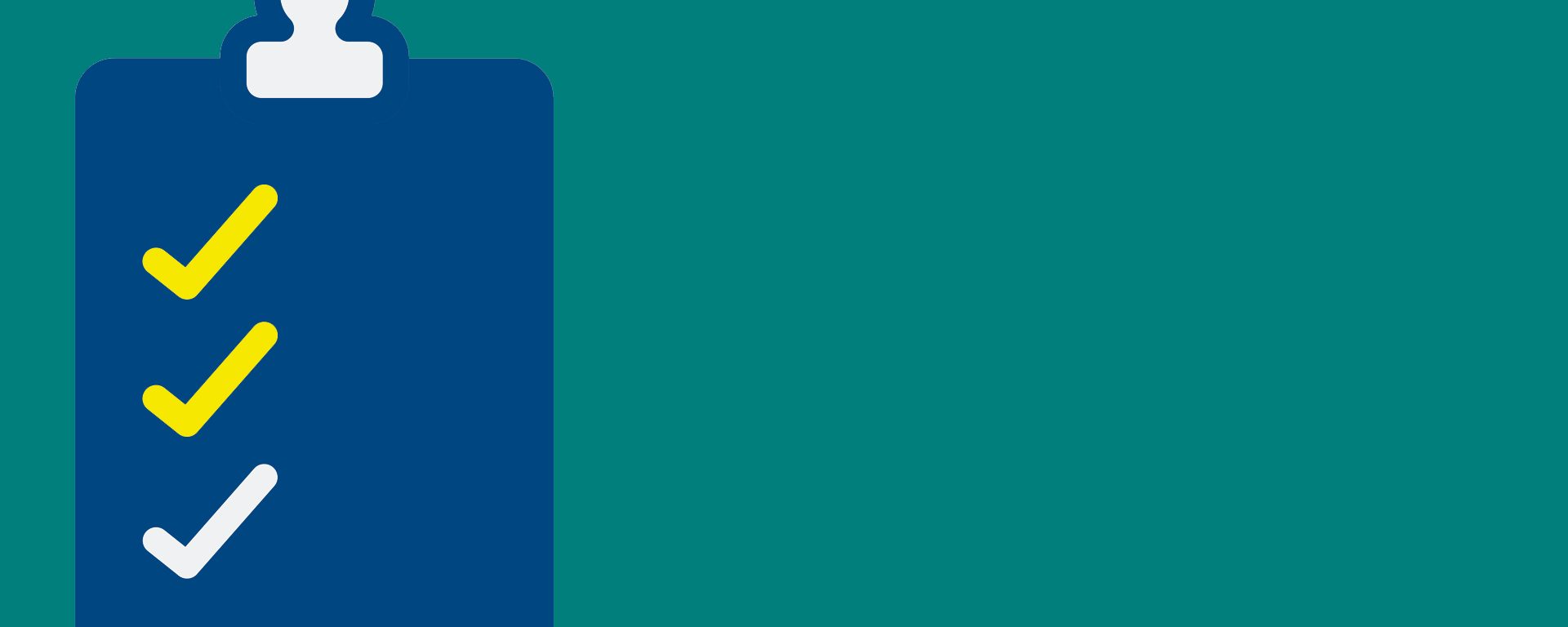How to Get the Most Out Of Your College Admissions Interview
By Dan Williamson, Director of Admissions
Students are often nervous about first visits to campus and admissions interviews for obvious reasons. Stepping foot on a new college campus for the first time can be intimidating and create feelings of anxiety. Also, there’s a common misconception that students may be grilled with random questions to justify admission to the college or university. And it is true that admissions staff typically look for ways to determine how well a student will fit with the school, whether it’s reviewing SAT scores or reading over essays. However, I like to encourage students to view the admissions interview from the opposite perspective.
Consider the admissions visit an opportunity for YOU to interview the college — not the other way around! Often times, students unnecessarily carry anxiety to their first visit or interview — they wonder if they’re “ready” for college. Or for many transfer students that had a previously bad experience, going through admissions steps isn’t something to look forward to. But this is the best chance to ask questions that apply to YOU. Ask about resources on campus that are specific to your needs. Ask about tutoring and the hours that it’s available. If you work during the daytime, you’ll want to know about evening availability for extra help in areas/subjects that you already know are weak points for you academically. If you’re not working but want to earn some extra money, ask about federal work-study. Lots of jobs on campus are available for students. If you’re a military veteran, ask about VA services. If you have specific medical needs such as diabetes, ask where the health center is. Ask about campus clubs. Ask about the hours for various service departments. Ask about where graduates get hired. Getting the point? You can never ask too many questions during your admissions interview. Plan ahead by preparing questions before the visit and be sure to write them down or store them in your smart phone.
And you can never bring too many transcripts. In fact, I encourage students to bring all transcripts — unofficial or official, high school or college, certificates and licenses as well. If you happen to work in the healthcare field, certifications and licenses are common. Our admissions team encourages students to bring CPR cards, LPN licenses and CNA certifications that selective admissions programs might need to pair up with a future application. If you have SAT scores, bring them (or at least plan on trying to retrieve the scores online). Most colleges honor SAT scores for up to three years, and if your scores are high enough, they might even waive you from having to take a placement test for math or English.
Ask questions about financial aid — be direct! Ask about the differences between subsidized and unsubsidized loans. Ask about factors that impact grant and scholarship eligibility. Ask for assistance with the FAFSA — this is critical! Applying for financial aid on the first visit helps get you closer to the finish line for enrollment to officially register for classes.
Pay attention to the surroundings on campus. Does the environment feel welcoming and warm? Do staff appear helpful and service-based? Pay attention to your inner compass and how you are made to feel when finding your way through the building to the Admissions Suite. Are students disgruntled waiting in long lines for service departments? Or do you see administrators helping students with issues? These are important signs to look for when visiting a college for the first time. Our welcome center typically has baskets of fruit set out front for students and visitors. During finals week, you’ll see “Fuel for Finals” displays with coffee, juice, and snacks for students trying to ace the last test of the semester. What do these surroundings communicate to you as a student? Pay attention to these inner thoughts as they’ll help guide your experience.
Lastly, always ask to meet with a program director for the major you are interested in or ask to see a specific facility (like a manufacturing facility, dental hygiene clinic, or vision technology lab). Let your admissions officer know early on while scheduling your appointment so that this can be part of your visit. There’s no substitute for the real thing — seeing a class or instructor live is valuable to determine if you’re going to fit with the program.
Learn more about Goodwin College’s Admissions Department.
See a complete list of Goodwin’s degrees and certificates.
Goodwin University is a nonprofit institution of higher education and is accredited by the New England Commission of Higher Education (NECHE), formerly known as the New England Association of Schools and Colleges (NEASC). Goodwin University was founded in 1999, with the goal of serving a diverse student population with career-focused degree programs that lead to strong employment outcomes.

